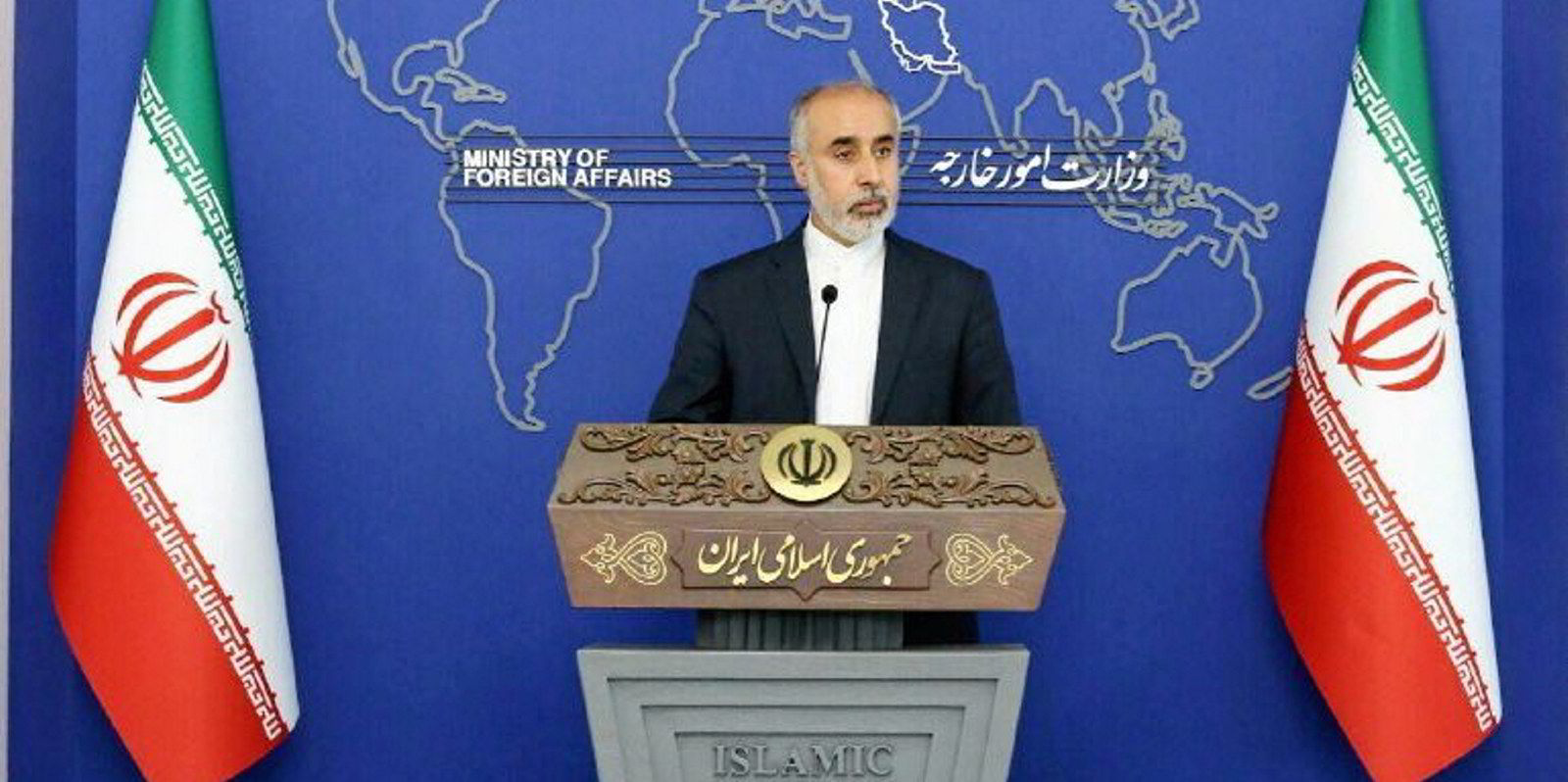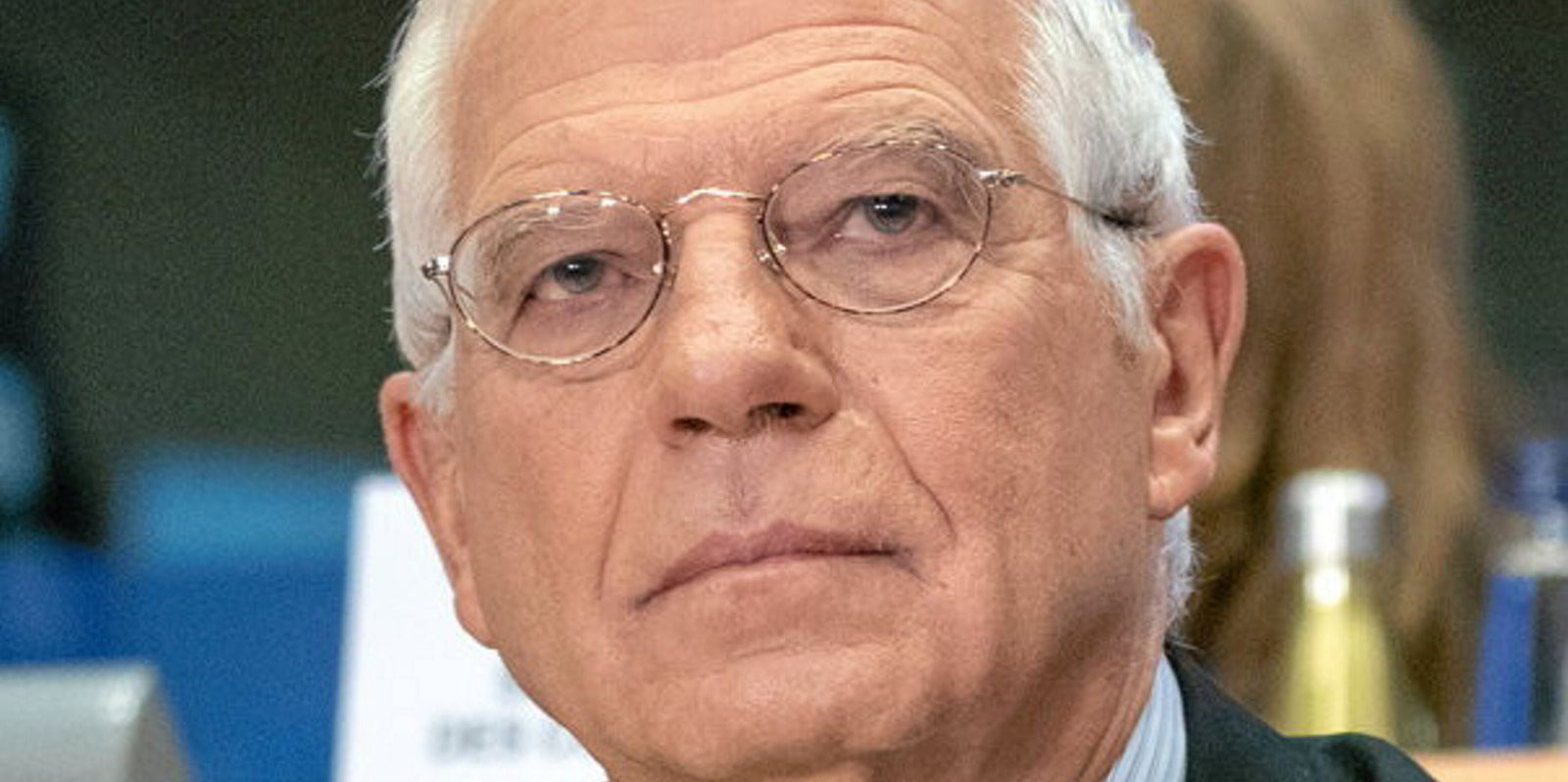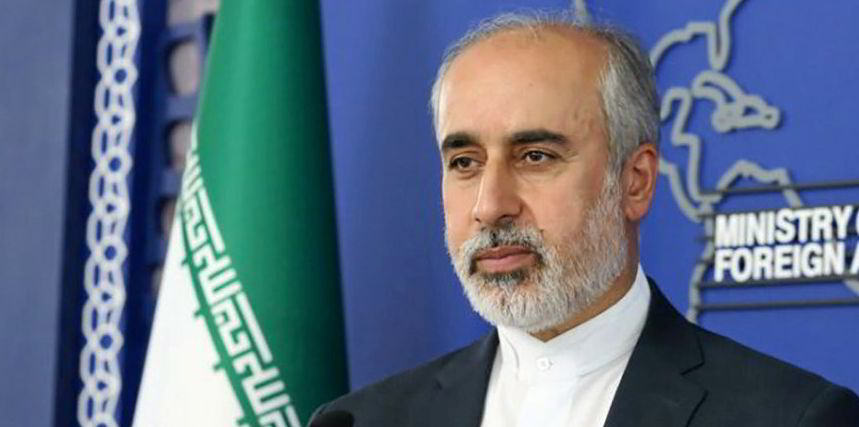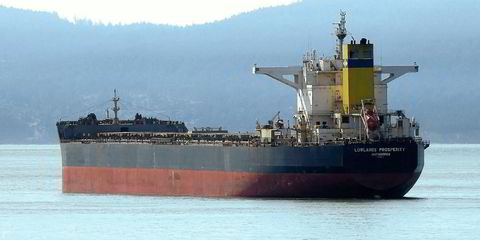Tehran said on Wednesday it was scrutinising US proposals to resume a controversial 2015 nuclear deal that could ease sanctions on the Iranian tanker fleet.
Any return to the pact could see Iran exporting an extra 1m to 1.5m barrels per day of crude within months, according to analysts, in return for closer scrutiny of the country’s nuclear programme.
Most of the parties involved in the deal had given their backing to the programme but US President Joe Biden – a strong backer of the plan – faces strong political opposition at home and fierce criticism from ally Israel.
Few details were immediately available on Wednesday of US conditions on returning to a pact dumped by ex-president Donald Trump in 2018 but Iran says it was carrying out a “careful review” of the administration’s response.
Iran has added its own conditions to the deal negotiated over 16 months and described as a last offer by the European Union, which brokered the talks. The US had claimed that Tehran had dropped some conditions to get the deal through to secure much-needed export trade after its economy was squeezed by US-led sanctions.
“Iran will share its view with the EU, as the coordinator of the nuclear talks upon completion of Tehran’s review,” said foreign minister spokesman Nasser Kanaani, according to Reuters.
News of the US response came after Saudi Arabia’s oil minister indicated that Opec+ countries could decide at a meeting next month to cut production to limit volatility in global oil markets.
But reports on Wednesday suggested that a cut was only likely to happen if extra Iranian barrels came on to the market.
Lorentzen chief shipping analyst Nicolai Hansteen said tanker markets had been fretting about the comments, which suggested that the oil supply was tighter than the markets believed.
“But the word on Wall Street is now that Opec+ likely will not act accordingly unless there is an agreement signed with Iran that could revive the 2015-deal, fully or partially,” he said in a daily market update.
French broker Barry Rogliano Salles (BRS Group) said it believed there would be little impact on the tanker spot market as some of the 38 currently sanctioned Iranian VLCCs would take the extra capacity.
But analysts have said that tonnage is likely to be squeezed with old tankers involved in the “shadow” fleet moving sanctioned Iranian crude would probably be scrapped as they would not be used by mainstream operators.






